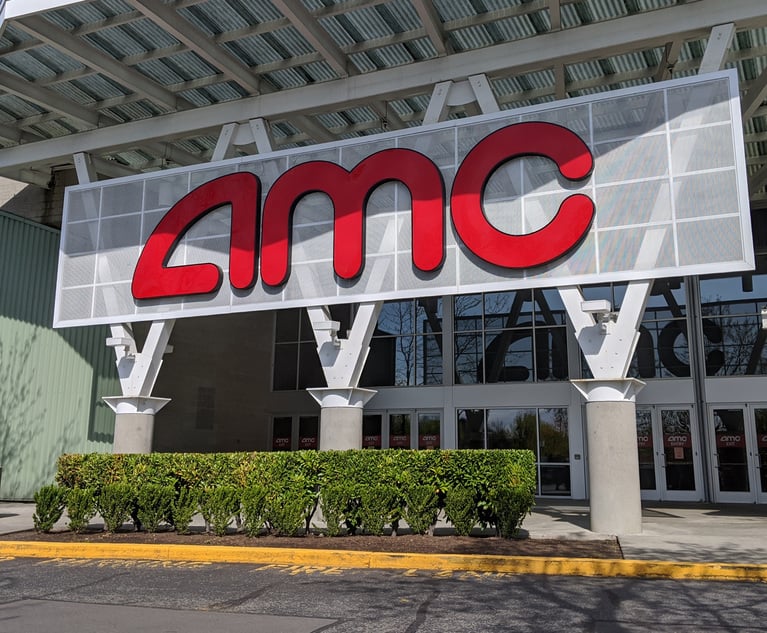Strangers to the insolvency profession might be surprised to learn that it is often expensive to go bankrupt. Indeed, the high cost associated with obtaining relief under Chapter 11 of the federal Bankruptcy Code is a routine criticism of the federal bankruptcy scheme and an issue many commentators argue is ripe for reform. Given the potentially preventative costs, many distressed companies elect to wind down their operations by making an “assignment for the benefit of creditors,” or an ABC.
Unlike the federal bankruptcy scheme, which is governed by the U.S. Bankruptcy Code, an ABC process is governed by state law. Some states have a robust ABC statute that, in many places, mirrors or even incorporates aspects of the Bankruptcy Code. Other states, including Delaware, have a lean statute, relying instead on developed case law and parallel corporate statutes to provide companies with flexibility in winding down their operations. Adding to the variety of approaches, some states require judicial oversight of an ABC, while others permit ABCs to be made out of court. In Delaware, ABCs must be approved by the Delaware Court of Chancery upon a petition asking the court to accept jurisdiction over the assignment.
This content has been archived. It is available through our partners, LexisNexis® and Bloomberg Law.
To view this content, please continue to their sites.
Not a Lexis Subscriber?
Subscribe Now
Not a Bloomberg Law Subscriber?
Subscribe Now
LexisNexis® and Bloomberg Law are third party online distributors of the broad collection of current and archived versions of ALM's legal news publications. LexisNexis® and Bloomberg Law customers are able to access and use ALM's content, including content from the National Law Journal, The American Lawyer, Legaltech News, The New York Law Journal, and Corporate Counsel, as well as other sources of legal information.
For questions call 1-877-256-2472 or contact us at [email protected]


 Jarret Hitchings of Duane Morris. Courtesy photo
Jarret Hitchings of Duane Morris. Courtesy photo




